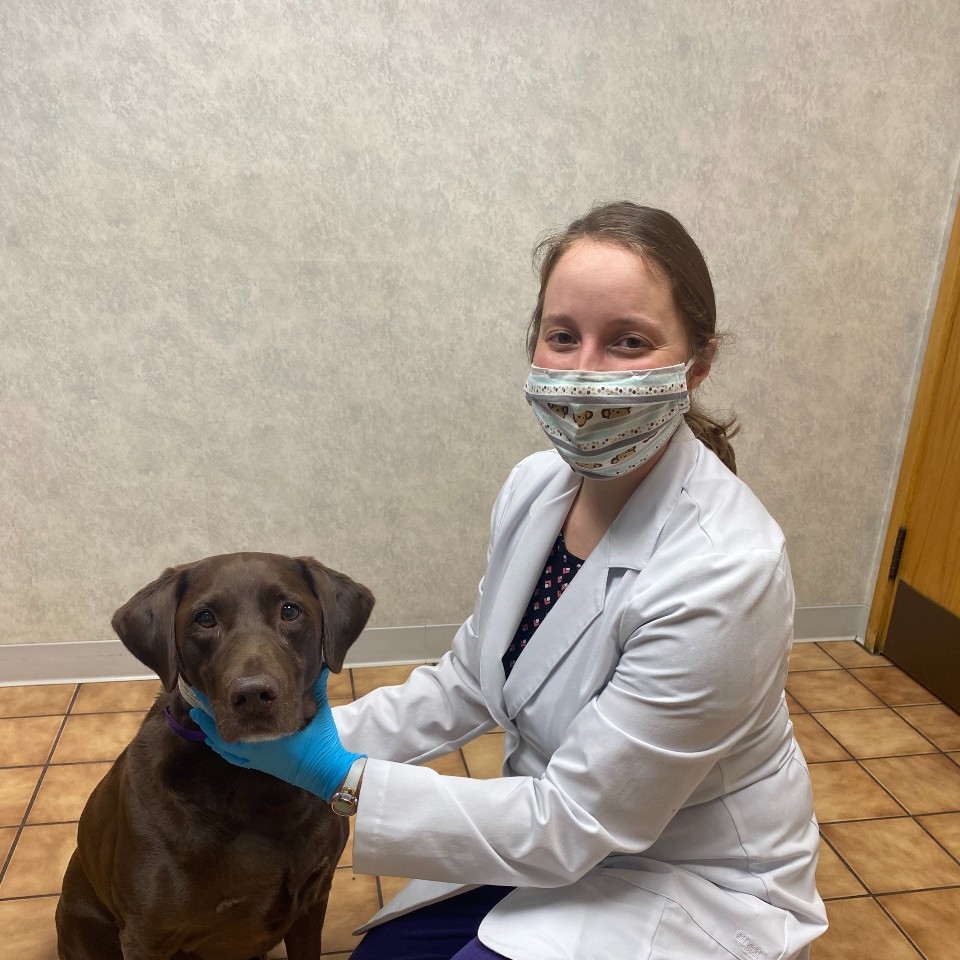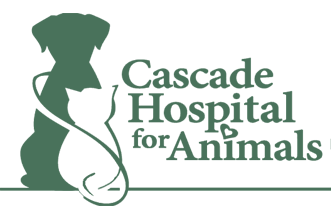
Help curb the spread of kennel cough; know the signs
It’s autumn, and that means the cold season is back in full swing. But while we humans brace ourselves for sneezes and sniffles, it’s important for dog owners to remember their pets are also vulnerable to an infectious respiratory ailment: canine infectious tracheobronchitis, more commonly known as kennel cough. Spread from dog to dog through airborne droplets, direct contact, and contaminated surfaces, kennel cough is highly contagious.
Just as we humans can contract the cold any time of year, kennel cough is also a year-round problem, although in recent weeks, Cascade Hospital for Animals and Breton Village Animal Clinic have observed an increase in the number of cases coming from boarding and daycare facilities in our area.
Kennel cough most commonly exhibits as a dry, honking cough. “If the dog develops this characteristic cough and has been in close contact with other dogs, such as at a boarding facility or grooming or day care, that’s a good sign they’ve potentially got kennel cough,” said CHFA’s Dr. Justine Rasche.
Most dogs recover easily without complications or even the need for medical intervention, although kennel cough can still lead to problems for puppies under six months or immunocompromised adult dogs.
“Most dogs are going to have mild signs that self-resolve within about a week or two,” said Dr. Rasche. “Typically the dog is acting normal apart from the cough. If the dog is showing signs of lethargy, has a fever, or isn’t eating as much, especially if they’re part of a more vulnerable population, we would be a bit more cautious. These are the patients we would keep a closer eye on to be sure it doesn’t develop into pneumonia or something serious. In some cases we may need to prescribe medications or potentially run diagnostics. In most of these cases, we can treat the pet and send them home to recover.”
Of course, most of the time kennel cough is no more than an uncomfortable annoyance for dogs and owners. Dr. Rasche recommends easing a kennel cough-infected dog’s discomfort by placing him in a steamy bathroom with hot water running, or “if the cough is really persistent, calling your vet to talk about a cough suppressant, but the disease usually runs its course,” she said, adding that “it is always very important to talk with your vet before giving any medications at home.”
“Owners just have to wait out the symptoms and restrict activity,” she said. “Don’t hesitate to call your vet and ask for advice, especially if the dog is exhibiting other signs, but it is best with mild cases to keep your pet at home rather than potentially spreading kennel cough to other dogs. We also really encourage you to keep your dog out of boarding and grooming facilities and dog parks when they have symptoms to help curb the spread.”



